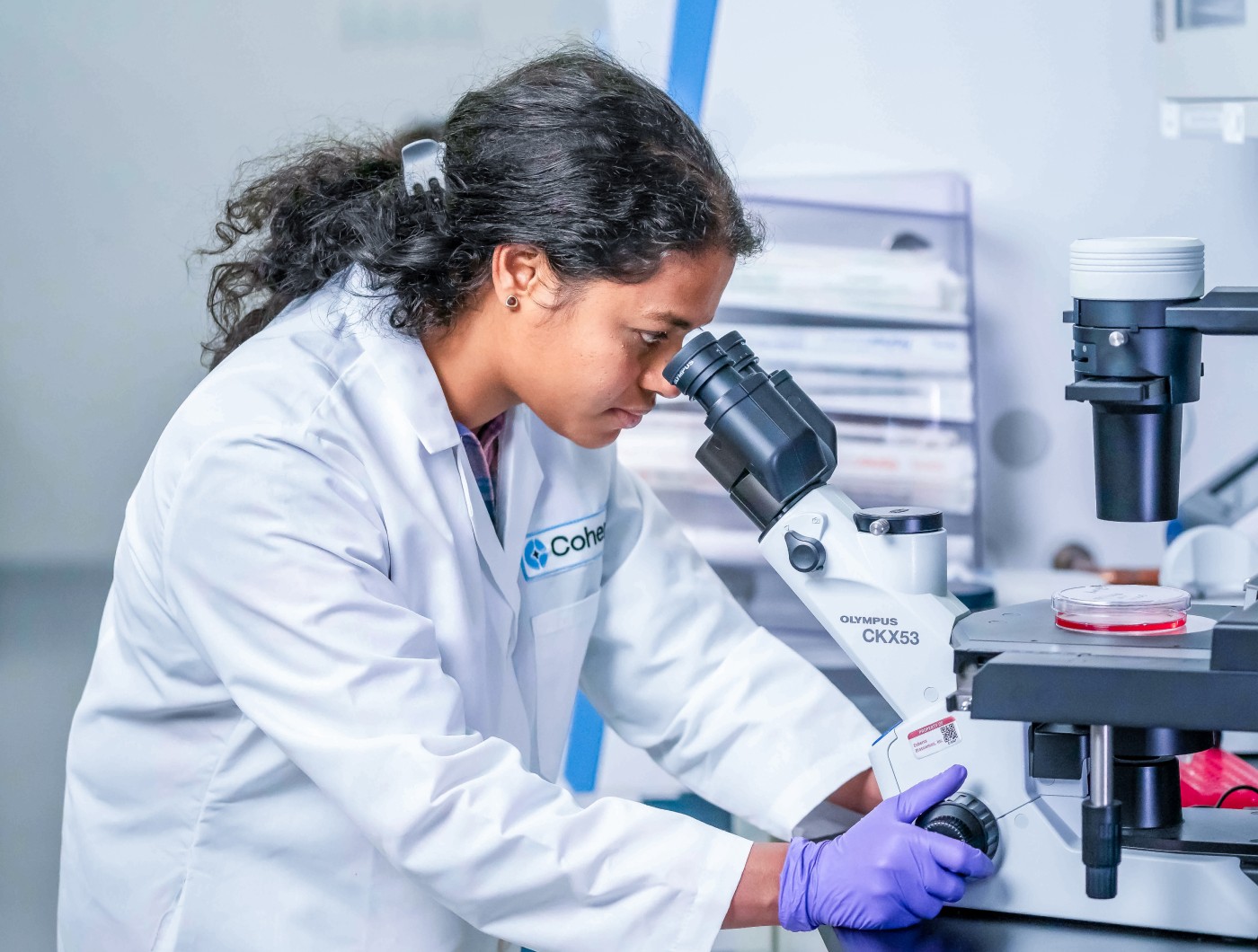CHS-114 (CCR8)
A potentially best-in-class anti-CCR8 cytolytic antibody.
CHS-114 is a highly selective antibody-dependent cellular cytotoxicity (ADCC)-enhanced anti-CCR8 antibody currently in a Phase 2 study and Phase 1b studies in combination with toripalimab in patients with advanced solid tumors.
Target
CCR8 is a chemokine receptor predominantly expressed by tumor infiltrating regulatory T cells (Tregs) that suppress the body’s anti-tumor immune response. Targeting CCR8 is a promising potential therapeutic strategy designed to selectively deplete tumor resident Tregs, reshape the tumor microenvironment and enhance anti-tumor immune response.

CHS-114 is an antibody that has the potential to specifically target and remove CCR8+ Treg cells in the tumor environment, promoting effector T cells in tumors and leaving Tregs in normal tissue unaffected.
Program
CHS-114 is a human, afucosylated anti-CCR8 antibody designed to selectively target human CCR8 and preferentially deplete CCR8+ Treg cells within the tumor microenvironment and not effector T (Teff) cells in tumors or Tregs in normal tissue. In preclinical studies, CHS-114 induced ADCC and/or antibody-dependent cellular phagocytosis (ADCP) pathways to deplete tumoral Treg cells. In addition, CHS-114 reduced tumor growth in murine models.
Progress
Early clinical data from an ongoing Phase 1 clinical trial evaluating CHS-114 as monotherapy and in combination with toripalimab in patients with recurrent/metastatic HNSCC was reported at AACR 2025 The data showed a confirmed partial response in a heavily pre-treated PD-1 refractory patient, a 50% depletion in CCR8+ Treg, and an increase in CD8+ T cells, consistent with anti-tumor activity, demonstrating proof of mechanism. The safety profile was consistent with advanced disease and the known safety profile of toripalimab.
CHS-114 is currently being evaluated in combination with toripalimab in a Phase 2a study in patients with colorectal cancer and Phase 1b studies in patients with advanced solid tumors, including second-line head and neck squamous cell carcinoma, second-line gastric cancer and first-line and second-line esophageal cancer.
Learn more about
CHS-1000, our preclinical ILT4-targeted candidate.
